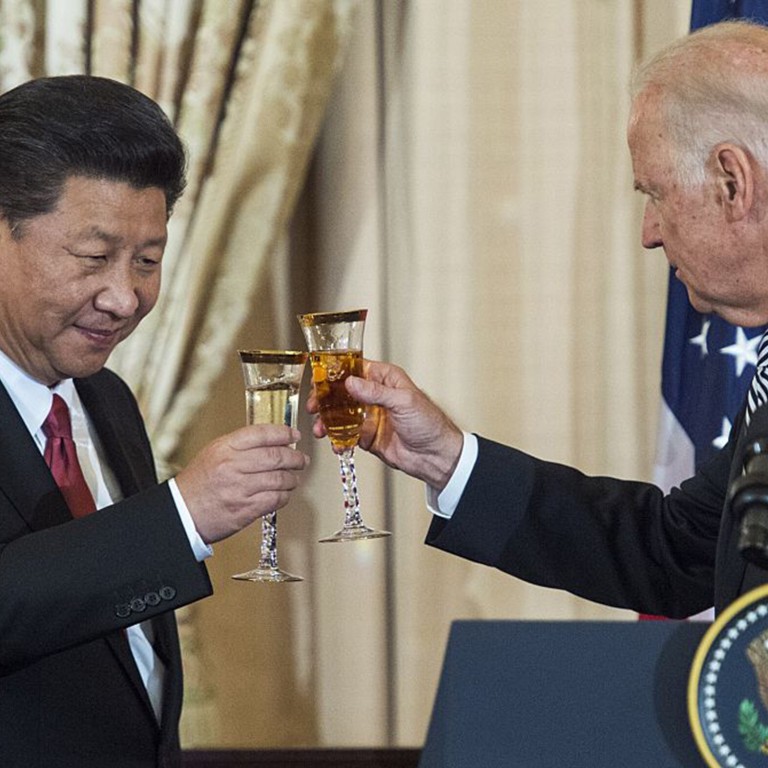
US-China relations: Meng Wanzhou’s return clears one roadblock to a reset
- Release of Huawei boss tops the list of recent goodwill gestures from the Biden White House in response to Beijing’s list of demands
- China may now be more open to visits by the US commerce and climate chiefs, and even consider a virtual Xi-Biden summit at the G20 in October, analysts say
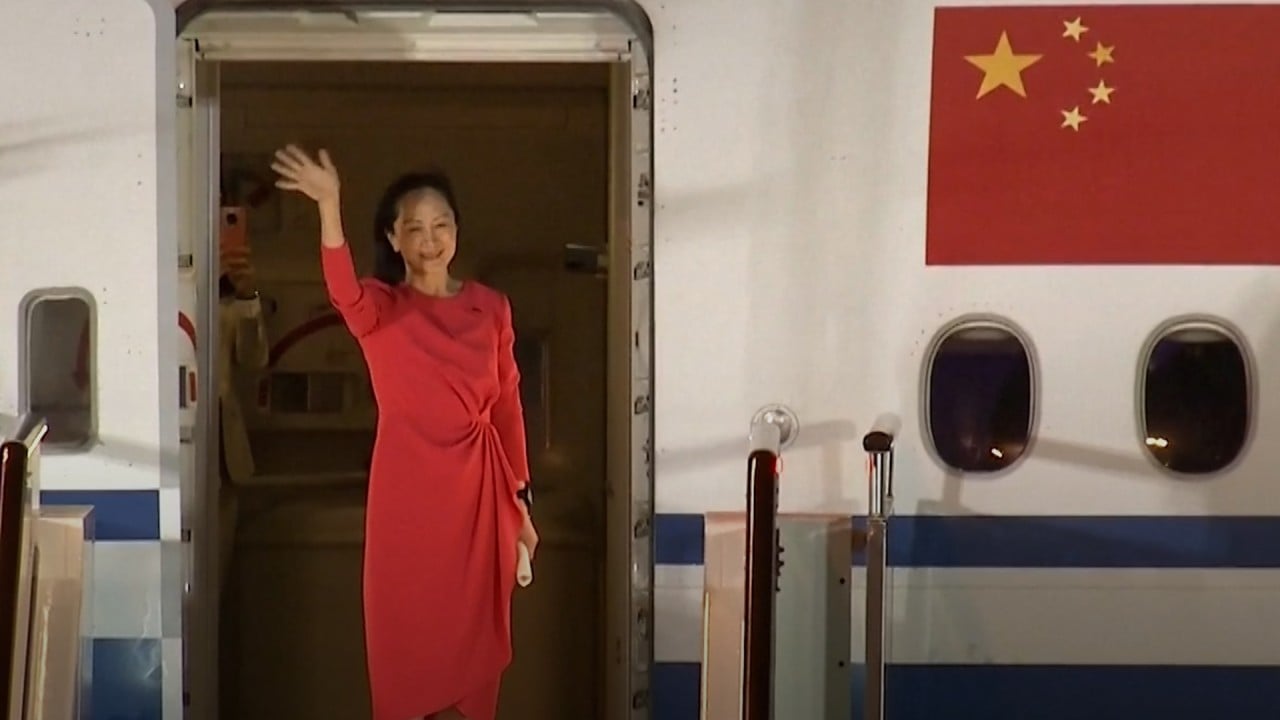
03:53
Chinese netizens swoon over hero’s return and husband’s greeting for Huawei’s Meng Wanzhou
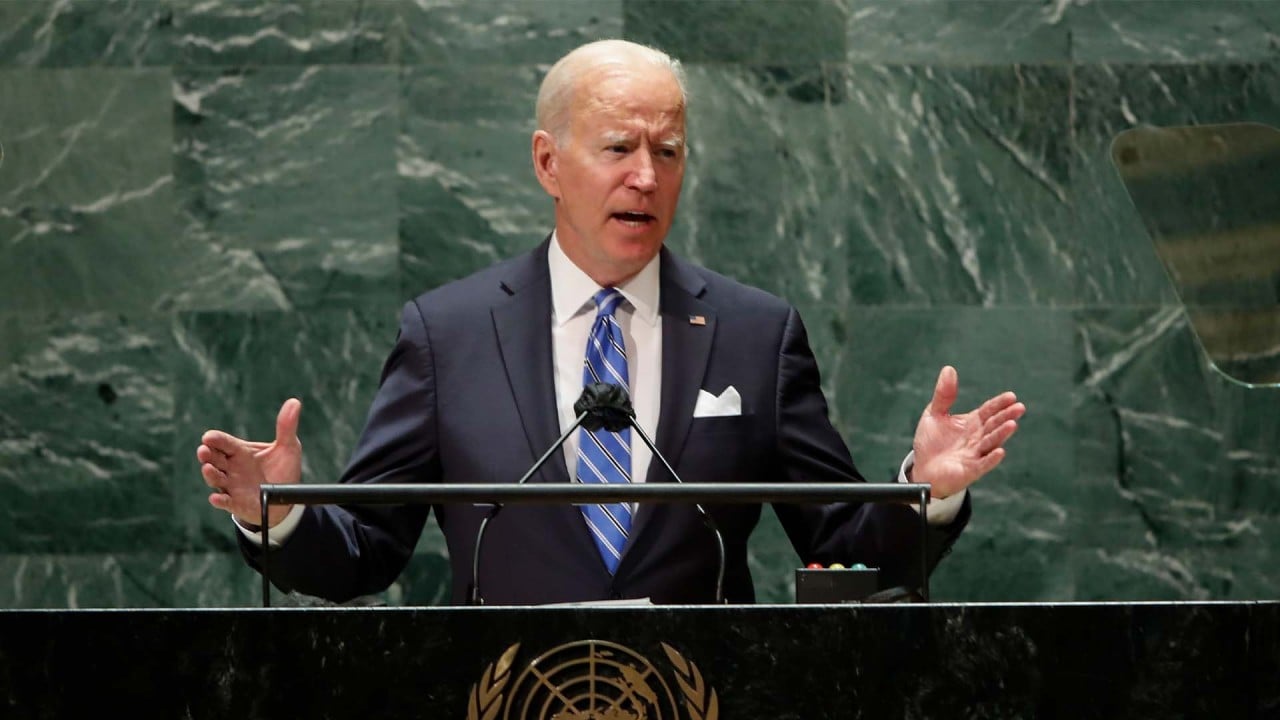
02:47
US ‘not seeking a new cold war’, Biden says in first UN address
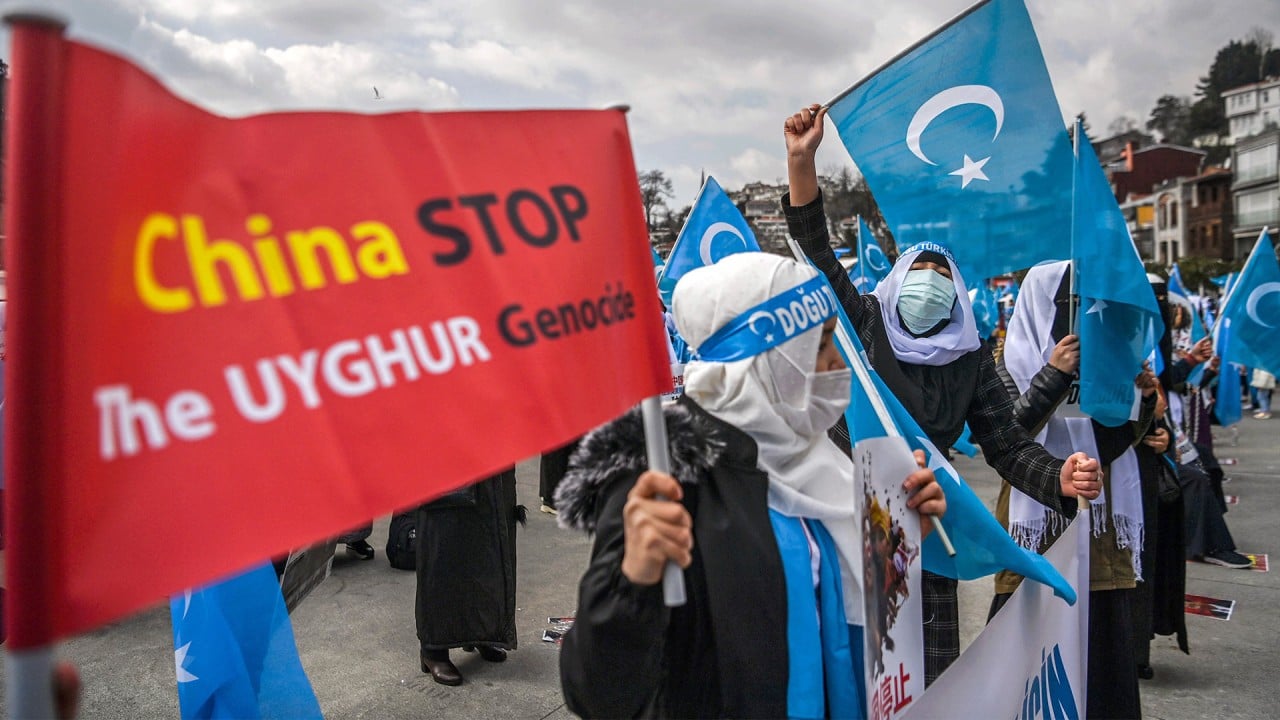
01:26
US, UK, EU and Canada imposed sanctions ‘based on lies’, says China
Wei Zongyou, a professor at Fudan University’s Centre for American Studies, said Meng’s return to China would help cool tensions with the US, and was a key indicator of the Biden administration’s goodwill.
“This can be seen partially as a response to Beijing’s demands for the improvement of China-US relations,” Wei said.
“I believe Meng’s case is a signal that Biden’s government has the intention to improve relations or does not want relations to continue to deteriorate. Making this kind of decision requires a lot of determination, especially considering the current political atmosphere in the US.”
China rallies national pride by painting Meng as innocent victim of US

01:09
China rejects Canada’s accusation over ‘arbitrary detention’ of Michael Kovrig and Michael Spavor
Speaking to his counterpart in Venezuela on Monday, Chinese Foreign Minister Wang Yi said China was “not afraid of coercion”, and that those who “made up various excuses out of political considerations to arbitrarily detain citizens from other countries” were engaged in bullying.
Meng’s case fuelled a wave of nationalistic sentiment in China against what was seen as US suppression of Chinese companies, given her high-profile status as the daughter of Huawei’s founder.
But while Chinese officials in recent months have consistently repeated the need for the US to address the two lists it gave to Sherman in Tianjin, US observers have been critical of the seemingly unilateral concessions that Washington has made.
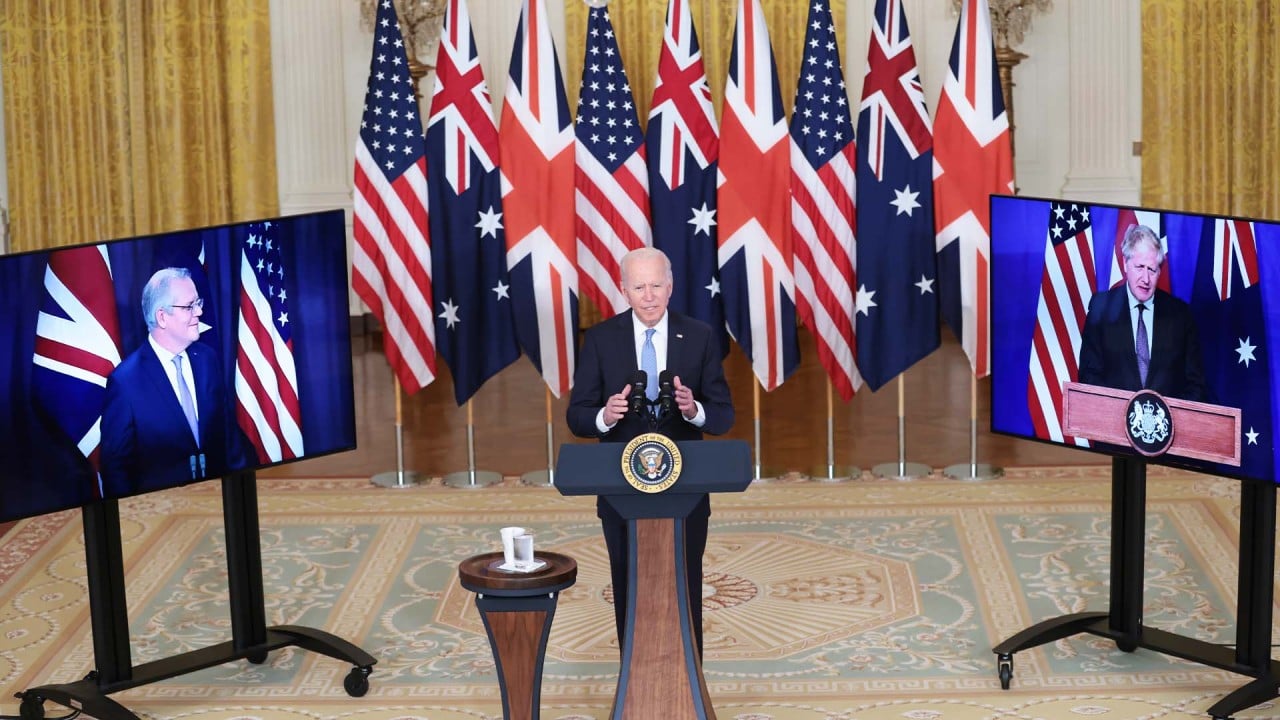
03:51
US, UK, Australia announce ‘historic’ military partnership in Pacific
Xi and Biden spoke over the phone in early September, with both leaders seeking to address ways to “responsibly manage the competition” between them and to bring relations “back to the right track of stable development as soon as possible”, according to statements from both sides.
Lu Xiang, a research fellow in US studies at the Chinese Academy of Social Sciences, said the two countries could kick-start economic and trade dialogues in the fourth quarter, including potentially with Raimondo, and that Kerry might also be given greater flexibility in the scope of his talks in China beyond climate.
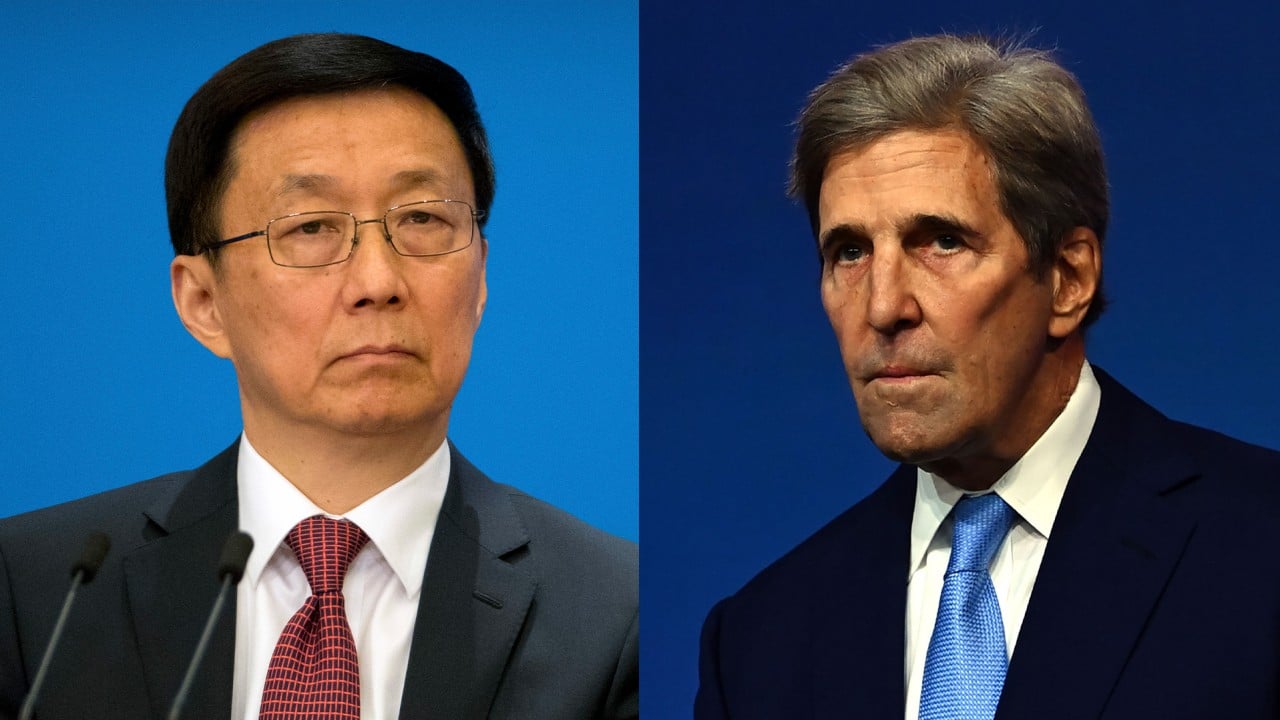
01:57
US, China put aside differences for pledge to work together on climate change
“Meng Wanzhou’s return home is a sign of easing tensions, although Biden should have resolved this issue even earlier,” he said. “The US’ strength is not what it was before, and it needs to think it over when it comes to engaging in long-term conflict and protracted tensions.
“China and the US have their differences, but as soon as there is engagement between the two sides, then it is really like climbing step by step up the ladder of bilateral relations.”
China halts new coal-fired power plants abroad in boost for climate action
“[Meng’s case] can be seen as the US extending goodwill, and China will also reciprocate and respond in good faith, including by considering a summit meeting between the two leaders at the G20,” he said.
“But this does not mean that China-US relations will be rebooted, as the US will not easily make concessions on the removal of sanctions [that is] on China’s lists of demands.”

